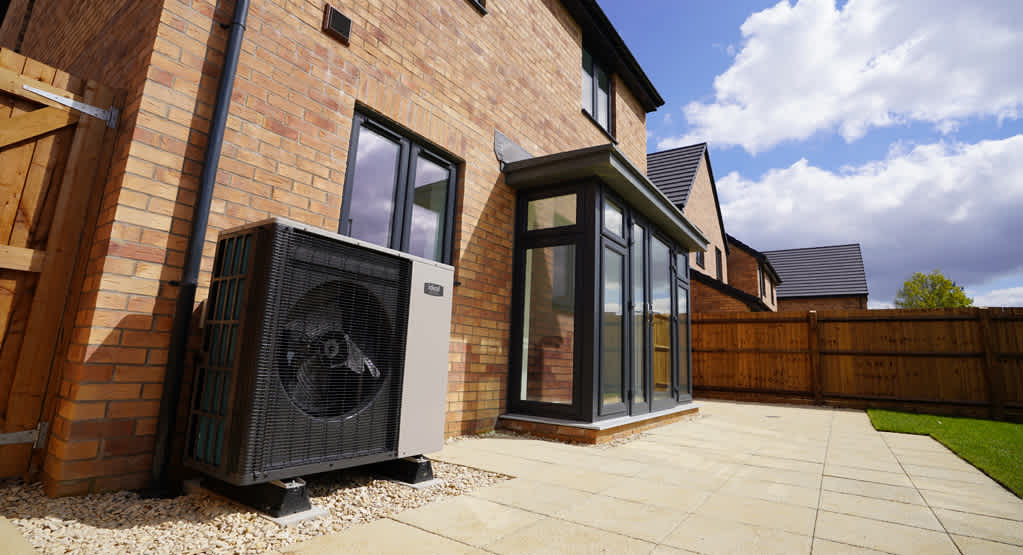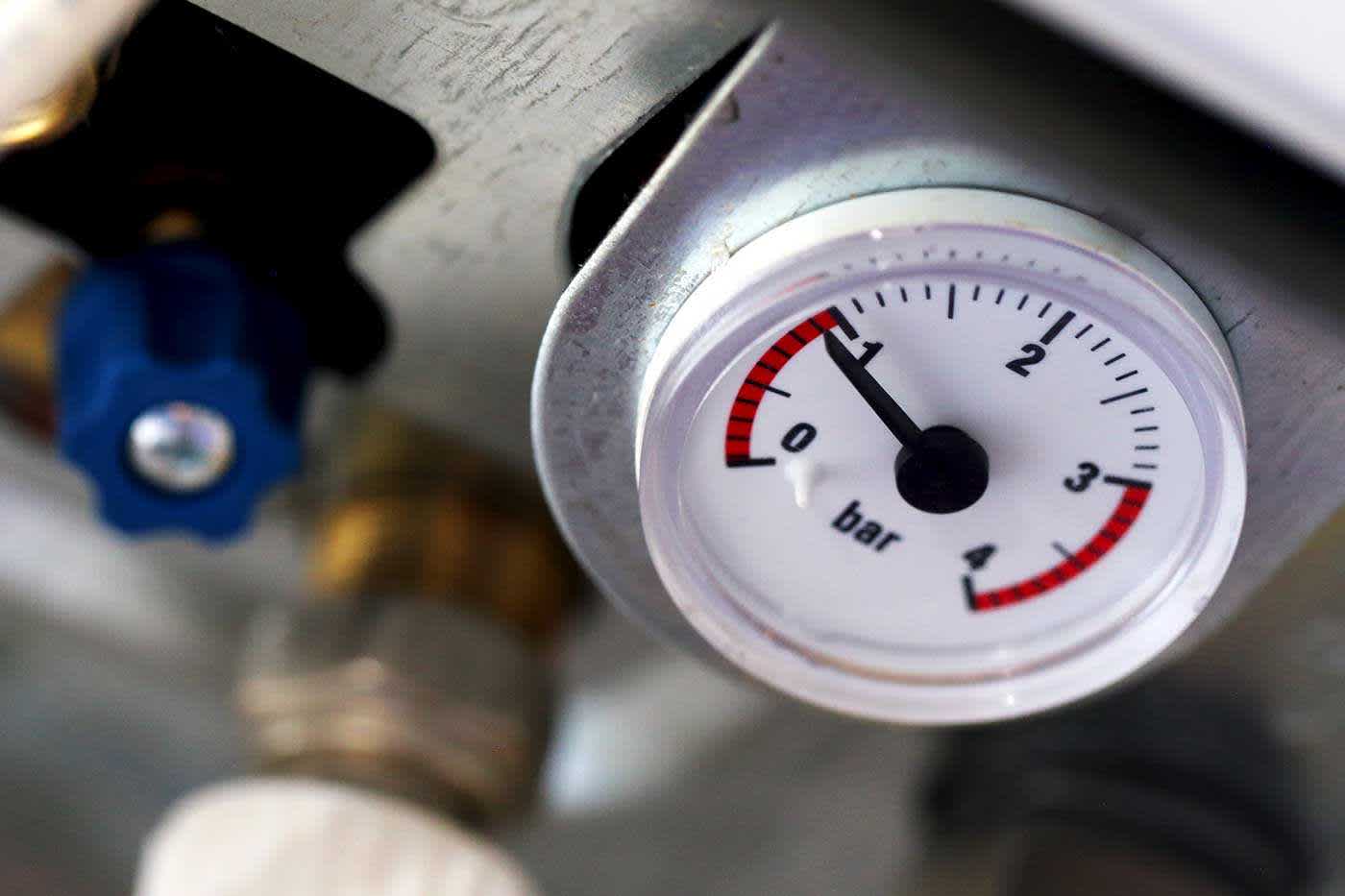
A guide to choosing your new boiler
Selecting a new boiler is a significant investment in your property. As the core component of your home's heating system, its performance directly impacts your comfort, running costs, and energy consumption. Choosing a replacement can seem complex, but it is entirely straightforward with expert guidance.
Our guide explains the main types of gas boilers, outlines the critical factors to consider, and provides the information you need to select the correct heating system for your home with confidence.
Why a new gas boiler is a significant investment
Upgrading your system provides several tangible benefits, especially if your boiler is over 15 years old. A modern A-rated condensing boiler operates at over 90% efficiency. It converts more of the fuel you pay for into usable heat, significantly reducing energy waste and lowering your heating bills. This enhanced efficiency also leads to lower carbon emissions, making it a responsible choice.
A new boiler also provides peace of mind with a full manufacturer's warranty for enhanced reliability, and advances in acoustic engineering mean it will run far quieter than an older model.
For more information on boiler efficiency, read our guide on how to make your boiler as energy efficient as possible.
Understanding the main types of boiler
The primary decision when choosing a new gas boiler is the system type. This choice is determined by your property's size, hot water demand, and existing infrastructure.
The Combi (combination) boiler
The Combi boiler is the UK's most common domestic heating solution, engineered for efficiency and convenience. It operates by heating mains water on demand from a single, compact unit, eliminating the need for separate water tanks in your loft or an airing cupboard.
This space-saving design makes it ideal for properties with one to two bathrooms. Its main advantages are high efficiency and instant, unlimited hot water. However, it's essential to consider that using multiple hot water outlets can affect water pressure.
Explore our Ideal Combi boilers.
The System boiler
A System boiler offers a solution for larger properties with higher hot water demand.
While it incorporates the primary heating components within the boiler unit, it works with a separate hot water storage cylinder. This configuration is best suited for homes with multiple bathrooms, as it can deliver hot water to several taps and showers at once without a pressure drop.
The primary consideration for a System boiler is that it requires dedicated space for the hot water cylinder, typically in an airing cupboard.
Browse our range of high-performance System boilers.
The Heat only (conventional) boiler
The Heat only boiler is a traditional system component typically found in older or very large properties. It operates with a hot water cylinder and two feed and expansion tanks, usually located in the loft. This system is ideal for large properties with very high hot water demand or where the existing pipework makes changing to a different system impractical.
The key advantage of the conventional boiler is its ability to supply huge volumes of hot water, making it excellent for homes with low mains water pressure. However, it requires the most space of all three systems.
See our Ideal Heat only boilers.
Browse the Ideal Heating range
Now that you understand the fundamental boiler types, the next step is to explore specific models engineered to meet your home's requirements. Our boiler range comes from over a century of British innovation, designed for performance you can depend on.
Explore our complete range of boilers.
Considerations when choosing your new boiler
Several practical factors will influence your final decision, in addition to understanding the basic types of boiler:
Energy efficiency
All new gas boilers must meet strict efficiency standards, indicated by their ErP (Energy-related Products) rating. Look for that A-rating we mentioned earlier, which signifies an efficiency level of 90% or more. An A-rating ensures your new boiler converts the maximum fuel into usable heat, directly reducing your energy bills and environmental impact from the day it’s installed.
Your household's demands
The right boiler must meet your household's specific heating and hot water needs. Consider the number of:
People living in your home
Bathrooms
Radiators
A large family in a house with multiple bathrooms will likely require a System or Heat only boiler to supply hot water to several outlets simultaneously. For smaller homes, a Combi boiler's efficiency and compact size are often the logical choice. An engineer will use this information to calculate the correct "size" or kW output for your boiler, ensuring it is powerful enough without being wasteful.
You will also want to consider your long-term plans. While a new gas boiler is an excellent and efficient choice today, it is wise to be aware of other heating technologies.
Read our comparison: Boiler VS heat pump: Which is best for my home?
Cost
The total cost of a new boiler consists of two parts: the unit's price and installation cost. This can vary significantly depending on the complexity of the job. A straightforward swap of an old Combi for a new one will be less expensive than converting a traditional Heat only system, which requires the removal of old tanks and significant pipework alterations. While it is a major investment, it's essential to view it in the context of long-term savings from improved efficiency and reliability.
Grants and support
It’s always worth investigating if you are eligible for any support schemes. Government-backed initiatives like the Energy Company Obligation (ECO) scheme are sometimes available to help eligible and vulnerable households improve their home's energy efficiency. While these schemes can change, they may offer grants that can contribute towards the cost of a new, more efficient boiler.
Learn more in our guide: What boiler grants are available to homeowners?
Installation time
How long it takes to install a boiler is practical concern. A simple, like-for-like Combi boiler replacement can often be completed within a single day, minimising disruption. However, a more complex conversion from a Heat only system to a Combi boiler could take two to three days. Your installer will provide a clear timeline before any work begins, allowing you to plan accordingly.
Factors your installer will need to consider
A Gas Safe registered engineer will also assess:
Boiler size (kW output)
Refers to the boiler's power output, not its physical dimensions. An engineer will calculate heat loss based on your property's size, insulation, and number of radiators to determine the correct kW rating. An incorrect size will either fail to meet demand or waste energy through excessive cycling.
Installation location
The physical location of your boiler will influence your choice. Combi boilers offer the most flexibility, often fitting within a standard kitchen cupboard, whereas System and Heat only boilers require additional space for cylinders.
Find your perfect boiler with confidence
Navigating these considerations is the key to finding the right boiler. To make this process even simpler, we've developed our 'Find my new product' tool.
By answering a few straightforward questions about your home and your needs, our tool will provide a tailored recommendation from our range of high-performance boilers. It’s the fastest way to gain clarity and feel confident in your choice.
Choosing a new gas boiler is a technical decision that provides comfort and security for years. By understanding the core types of gas boilers and working with a qualified professional, you can specify a system that delivers optimal performance and efficiency. At Ideal Heating, we stand behind our products with warranties and a legacy of engineering excellence, ensuring your investment provides lasting peace of mind.
Choosing a new boiler FAQs
What are the main types of gas boiler available?
The three primary types of gas boiler are Combi, System, and Heat only (conventional). A Combi boiler provides instant hot water from a single unit, suiting smaller homes. A System boiler pairs with a hot water cylinder for larger properties. A Heat only boiler works with a cylinder and loft tanks, typically for very large homes with traditional pipework.
What are the signs that I need a new boiler?
Key indicators that you need a new boiler include rising energy bills without a change in usage, frequent breakdowns, difficulty sourcing spare parts for repairs, and unusual noises like banging or kettling. If your current boiler is over 15 years old, a replacement is a proactive measure for improving reliability and efficiency.
H3: What size boiler do I need for a 3-bedroom house?
For a standard 3-bedroom property with one bathroom, a Combi boiler with an output between 28-34kW is often specified. However, the correct size for your new gas boiler must be determined by a Gas Safe engineer's heat loss calculation, which considers insulation levels, window types, and radiator sizes to ensure optimal performance.
Are there any grants for getting a new gas boiler?
Government support, such as the Energy Company Obligation (ECO) scheme, is sometimes available to help eligible and vulnerable households improve their home's energy efficiency. While these schemes often prioritise insulation or low-carbon heat, a boiler replacement can be included under certain criteria. Always consult the latest official Government and Ofgem guidance.
















